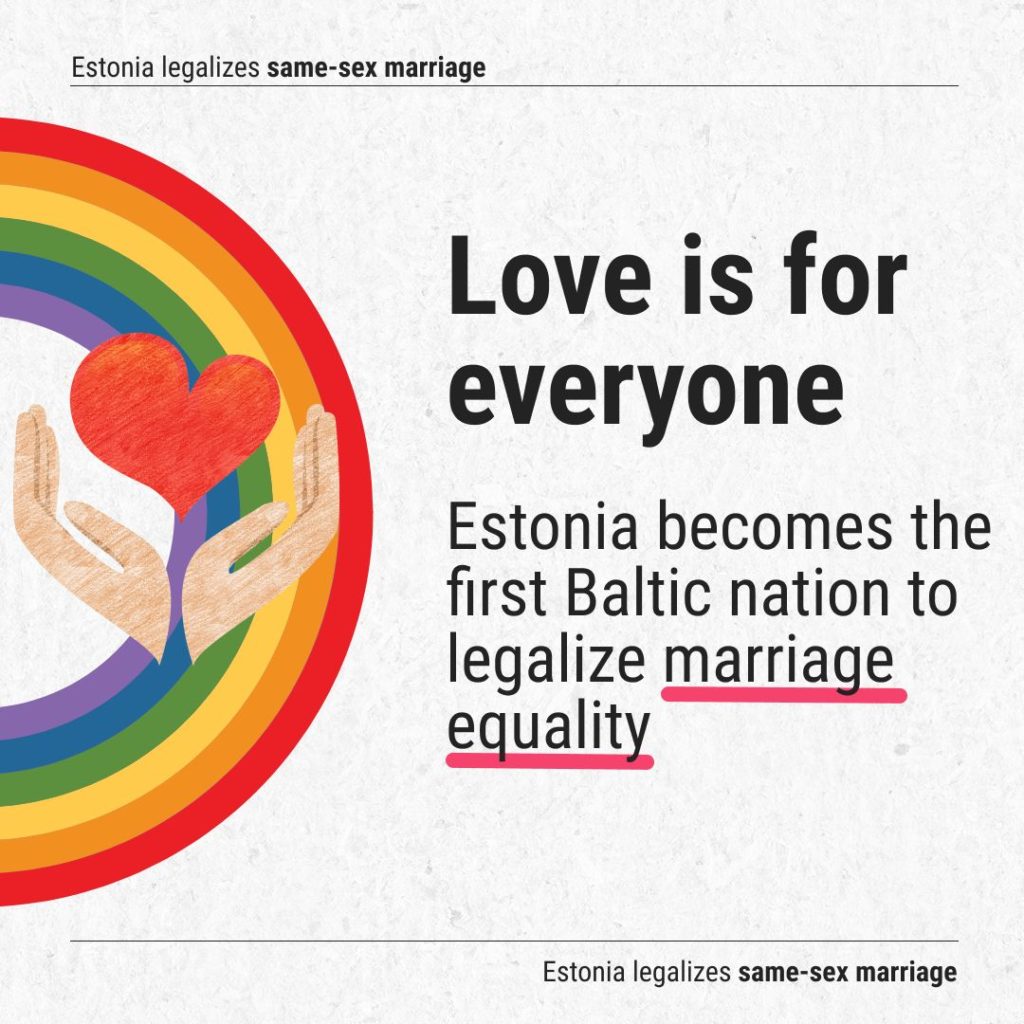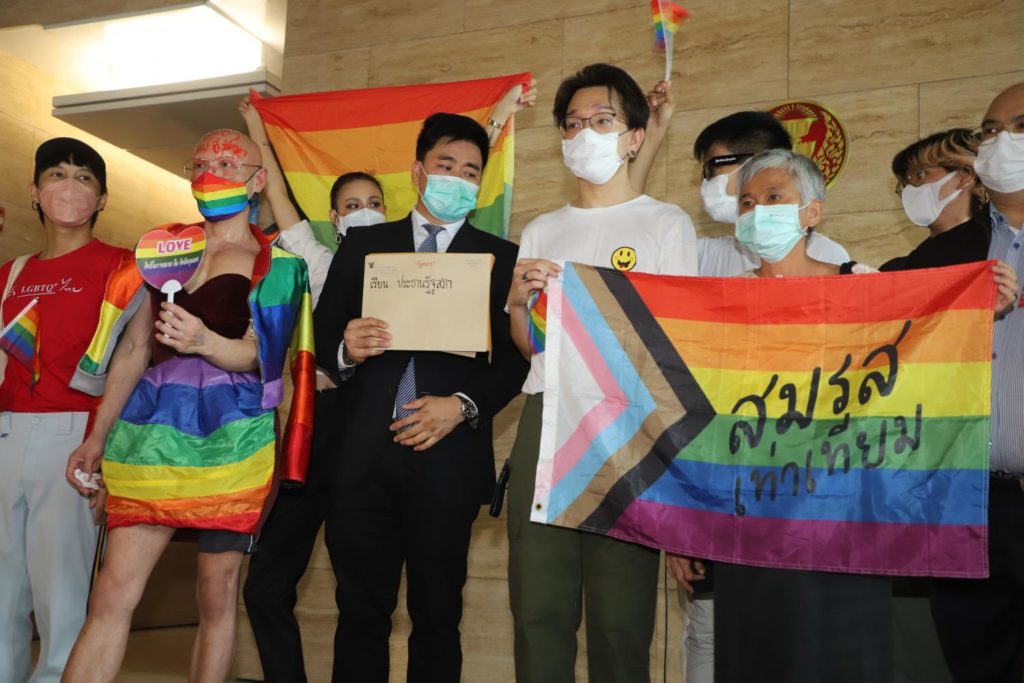
The news these days is daunting: hundreds migrants, refugees, asylum seekers forced to drown in the Mediterranean and scores in the Atlantic Ocean; women hacked and burned to death in a Honduran prison; the ongoing assault on reproductive justice and women’s autonomy across the United States; the ongoing anti LGBTQI+ pogrom in Uganda; the `discovery’ of the Japanese policy of forced sterilization having been applied to children; the abandonment of asylum seekers living with disabilities in unprepared hotels in England, and the list goes on. A toxic stew of State sponsored cruelty. Legislators in Kenya, Tanzania and South Sudan are pushing for passage of laws modeled on Uganda’s anti-gay laws. But there are glimmers of hope. For example, on Tuesday, June 20, Estonia’s Parliament voted to legalize same-sex marriage. Estonia’s Prime Minister Kaja Kallas responded to the vote: “Everyone should have the right to marry the person they love and want to commit to. With this decision we are finally stepping among other Nordic countries as well as all the rest of the democratic countries in the world where marriage equality has been granted. This is a decision that does not take anything away from anyone but gives something important to many. It also shows that our society is caring and respectful towards each other. I am proud of Estonia.”
The vote in the 101-seat Parliament was 55 – 34. In May, the Estonian Human Rights Centre released a survey that showed that 53% of Estonian people support marriage equality. In 2012, a survey suggested that 60% of Estonian people were opposed to marriage equality. What a difference a decade of continued organizing makes. 75% of Estonians between the age of 20 and 29 support marriage equality. More than half of the Estonian population believe that a same-sex partner should be able to adopt their partner’s child. With the recent passage of marriage equality legislation, LGBTQI+ couples will have adoption rights and parental recognition, which was previously denied to same-sex civil unions.
Last year, on July 8, Slovenia’s Constitutional Court ruled that bans on same-sex marriage and adoption are unconstitutional. The Court ruled that discrimination is discrimination, and that discrimination against same-sex couples “cannot be justified with the traditional meaning of marriage as a union between a man and a woman, nor with special protection of family”. The Court ordered the Parliament to amend the law within six months. In October, Slovenia’s National Assembly amended the Family Code, and now same-sex marriage is legal. While there are rumbling sounds that a referendum would overturn the law, for now it stands.
On January 1, 2024, the new Family Code in Estonia will go into effect. Since 2005, political parties, government agencies and just plain people have been discussing, debating, and organizing for this day. Organizing teaches and organizing works. Pride is pride. Discrimination is discrimination. Family is family. Love is love. To those in Estonia who made this happen through decades of dedicated struggle, happy new year and thank you!
(by Dan Moshenberg)
(Image Credit: DW.com / Twitter)
